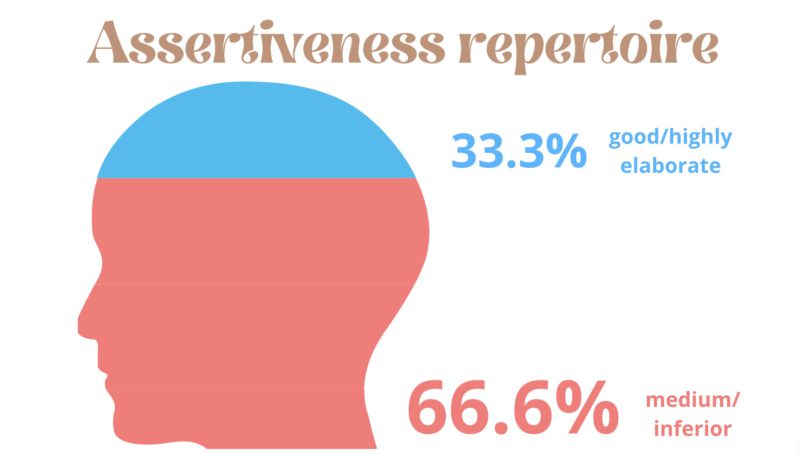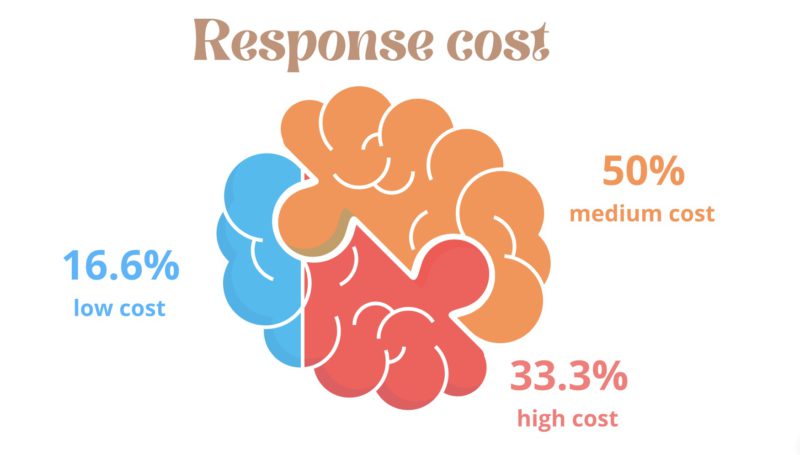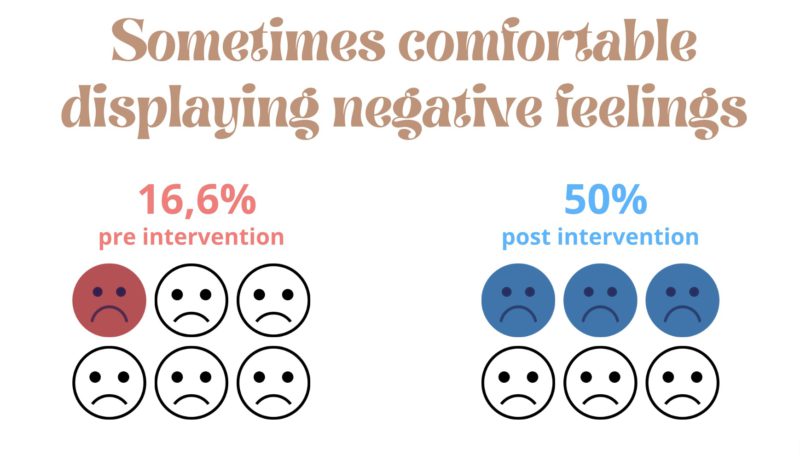Fostering Assertiveness in Pre-teens
How can guidance counselors better support the development of social skills among Grade 6 students?
General topic of interest
The guidance counseling work at Escola Concept involves, among several activities, the management of interpersonal conflicts of students in both individual and small group meetings. In the first trimester of 2023, us counselors were most frequently sought by students from Grade 6. From listening to the students and analyzing the literature, we observed that the conflicts revolved around the difficulty of expressing frustrations and opinions in a socially appropriate way.
Participants
Six female students from Grade 6 participated in our focus group. The choice of participants was based on two criteria: a low score on a preliminary survey about assertiveness and suggestions from the group's tutor based on classroom observations.
Literature Review
The adoption of specific interpersonal strategies by unpopular children is a common occurrence in response to rejection, which can lead to inappropriate behavior (Kafer, 1982).
With this study, we aimed to broaden our set of strategies to improve our students’ social skills, which would in turn impact their sense of belonging to the school.
Data collecting approach
Del Prette & Del Prette (2009) propose that social skills training should be structured in four stages, including cognitive restructuring of thoughts in conflict situations and behavioral training in assertive responses. In our study, we focused on developing the first two stages of the training through five focus group meetings. The first stage consisted in helping the subjects include into their belief system the respect for people's rights, including respect for themselves; and the second stage entailed the distinction of behaviors in terms of assertiveness, classifying them as aggressive, assertive or non-assertive (passive).
Data collection tools/resources
We applied the IHSA-Del-Prette test, a validated instrument, to evaluate the social skills repertoire of the participants, and of the six social skills evaluated by the instrument, we focused on the assertiveness subscale. Furthermore, during our focus group sessions, we journaled and recorded a video of the interactions among the group. Finally, we shared a post-intervention survey after the sessions to understand how the learners evaluated themselves in relation to assertive behaviors.
Emerging results
On the IHSA-Del-Prette test, the subjects have to judge how difficult it is for them to react in an assertive way in each situation and how frequently they display that certain reaction. Our data showed that most of our learners (66.6%) displayed a medium inferior or lower than a medium inferior repertoire of assertive behaviors. The response cost refers to the difficulty felt in emitting assertive behaviors. For most of the group (83.3%), the response cost was either medium or high, meaning that behaving assertively comes with difficult feelings. Additionally, we tallied aggressive behaviors displayed by the learners during a focus group session that was recorded in a 15-minute video. While being observed, the girls displayed mocking laughter directed towards other participants and/or counselors 12 times, looked at each other with a subtle look of disapproval 18 times, and requested to act aggressively in the role-play activity twice. Finally, according to the data from our post-intervention survey, students felt more prepared to disagree with others, display negative feelings, and resist peer pressure.
Reflections
It was brought to our attention how aggressive behaviors are more valued in this group compared to passive behaviors. When we invited students to participate in role-play dynamics, passive behaviors appeared as a synonym for fragility and failure.
The present study brought greater visibility regarding the weaknesses of social skills repertoires in this group, leading us to understand more clearly the specific demands of the learners and possible referrals to mental health professionals.






